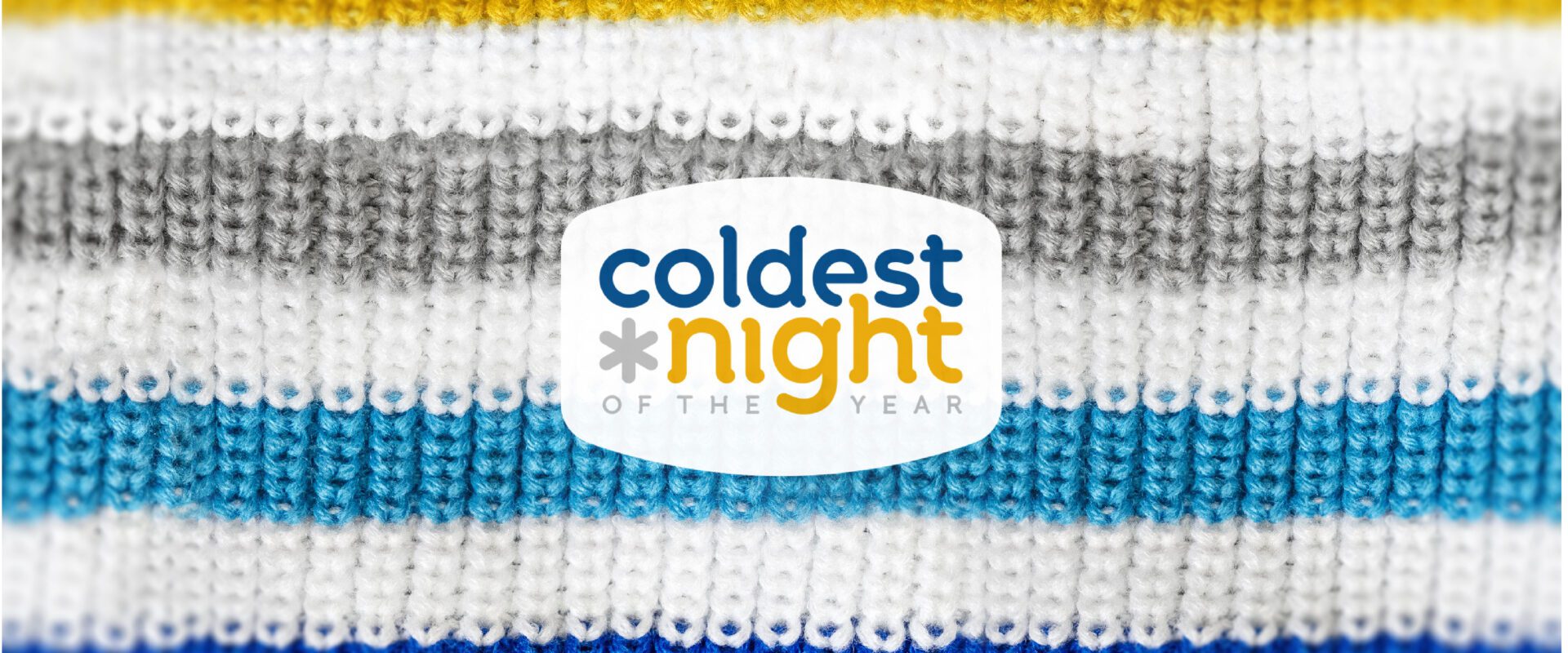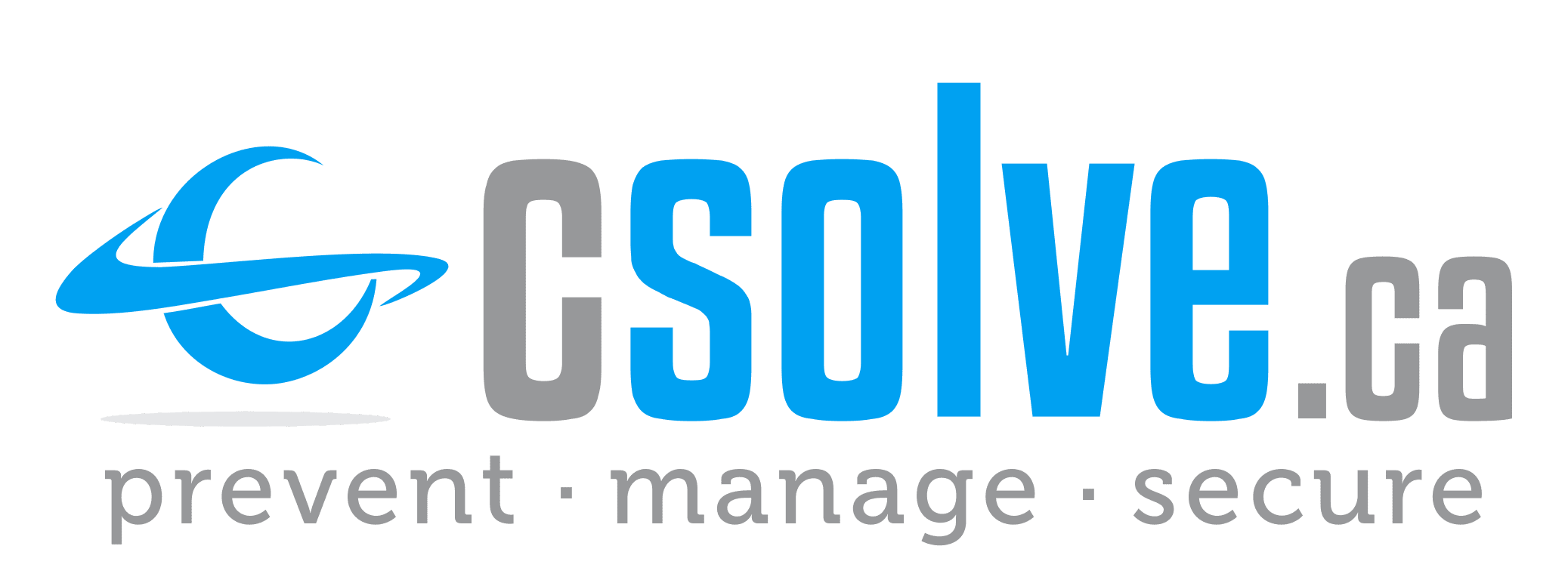
The implementation of Artificial Intelligence (AI) in the workplace will be one of the biggest trends in 2024. Technologies around AI are developing rapidly, and organizations large and small are hedging their bets on its use to improve productivity and output quality. Many organizations are seeing positive benefits implementing security and IoT devices such as Meraki cameras that can identify specific people or incidents and report on them in real time.
In January 2024, Microsoft has expanded its generative AI tool, Copilot for Microsoft 365, to businesses of all sizes. The 300-user minimum has been removed; there is no minimum seat requirement. It is also now eligible to be purchased by customers licensed for Business Standard, Business Premium, Office 365 E3 and E5, joining Microsoft 365 E3 and E5.

There are, however, concerns around the ethics of AI. A study conducted at the Massachusetts Institute of Technology found that AI can reinforce bias, spread misinformation, and impact mental health. In many ways this makes sense, as the algorithms used in AI are built using parameters determined by their human creators and are scraping many sources online for their data. If they come across a false or bias claim from multiple sources this can reinforce a bias or inaccuracy in the output the AI generates, essentially fooling it.

Additionally, generative AI tools that can create text, images, even videos introduce even more ethical dilemmas. Are these tools using assets created by humans and repurposing them, raising plagiarism concerns? What about “deepfakes”, where video/audio is created in the likeness of a real person. These can be used by bad actors for malicious purposes, such as using a public figure’s image to spread misinformation. As these tools develop, they become harder to distinguish from reality.

There’s no denying that AI’s role in the workplace will continue to grow, however it is for these reasons that discretion and human review is needed to ensure that these tools are being used responsibly. When making use of these tools, make sure to review the content that it generates for any issues such as bias, factual inaccuracies, or plagiarism. Be mindful to not enter company or personal information, as this can potentially be leaked.
AI is an exciting development and should continue to improve rapidly this year. If you have any questions on how this may impact your business, don’t hesitate to contact CSOLVE!



Our friends at Blue Door are hosting their Coldest Night of the Year event on February 24! The event is a family-friend walk in support of local charities serving people experiencing hurt, hunger, and homelessness. To learn more and support this important event, visit their site: Richmond Hill (Blue Door) – Coldest Night of the Year 2024 Canada (cnoy.org)
